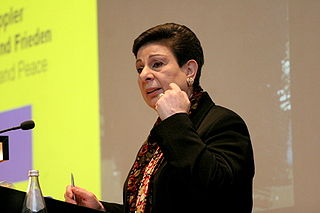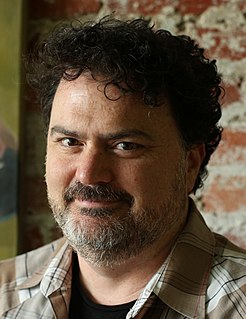A Quote by Suzanne Collins
In 'The Hunger Games,' in most people's idea, in terms of rebellion or a civil-war situation, that would meet the criteria for a necessary war. These people are oppressed, their children are being taken off and put in gladiator games. They're impoverished, they're starving, they're brutalized.
Related Quotes
It seems to me an utterly futile task to prescribe rules and limitations for the conduct of war. War is not a game; hence one cannot wage war by rules as one would in playing games. Our fight must be against war itself. The masses of people can most effectively fight the institution of war by establishing an organization for the absolute refusal of military service.
What it targets is not something that's really looked at a lot in terms of the war. This is stuff that's off the beaten path in terms of what we think of every time you start a Civil War history or a Civil War presentation. It's usually about the military and the soldiers and all that stuff. And this is not. It's the backdrop to a place and a time and circumstances that didn't have anything to do with that.
There are people starving in the siege, there are children traumatized and terrified. There are men women and children dying. This is a situation that has reached the proportions of a tremendous humanitarian crisis. It is a tragedy and every minute that passes we lose lives and more people are brutalized and traumatized.
What if I had been born during a war and I lived in an occupied city, and people were being taken out and shot every day? Everything would be different - even after the war ended, my future would be very different. Look at what these poor people in Aleppo are going through. The children, the ones who survive, are going to be absolutely altered by what they live through, and you and I, luckily, have never had to deal with that.
I think that most people don't think in terms of an American revolution, they think in terms of a Russian revolution, or even a Ukrainian revolution. But the idea of an American revolution does not occur to most people. And when I came down to the movement milieu seventy-five years ago, the black movement was just starting, and the war in Europe had brought into being the "Double V for Victory" [campaign]: the idea was that we ought to win democracy abroad with democracy at home. And that was the beginning of an American revolution, and most people don't recognize that.
I think there's evil on both sides [of Syria], and I think that's one reason I don't want to be involved in civil war. I see things in personal terms. I just can't see sending one of my sons - or your son or daughter - to fight in a civil war, where on one side we have a dictator, who in all likelihood gassed his people.




































